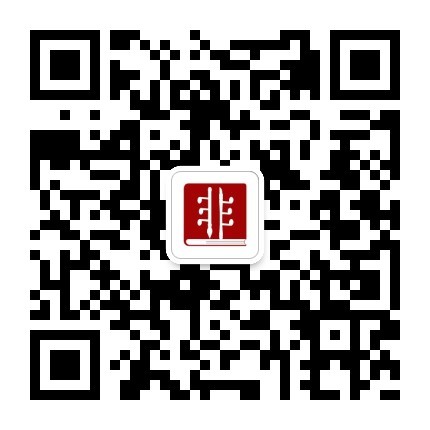【美洲·墨西哥】飞人典礼 Ritual ceremony of the Voladores(2009年)
2022-03-26 14:02
伏地魔的仪式(“飞人”)是墨西哥和中美洲的几个民族,特别是东部韦拉克鲁斯州的托托纳克人表演的生育舞蹈,表达对自然和精神世界的尊重与和谐。在仪式上,四名年轻人爬上一根18至40米高的木杆,这是山神饶恕下从森林中新砍下的。第五个人,卡波拉尔,站在杆子顶上的一个平台上,拿起长笛和小鼓,奏着献给太阳、四风和每一个主要方向的歌曲。在这次召唤之后,其他人从平台上“跳入虚空”。他们用长绳绑在平台上,在平台旋转时悬挂在平台上,模仿飞行的动作旋转,并逐渐下降到地面上。舞蹈的每一种变体都将宇宙诞生的神话赋予了生命,因此伏地魔的仪式表达了社区的世界观和价值观,促进了与神的沟通,并带来繁荣。对于舞者自己和其他作为观察者参与宗教仪式的人来说,它鼓励人们对自己的文化遗产和身份感到自豪和尊重。
2009年度列入人类非物质文化遗产名录。
来源:联合国教科文组织亚太地区非物质文化遗产国际培训中心
The ritual ceremony of the Voladores (‘flying men’) is a fertility dance performed by several ethnic groups in Mexico and Central America, especially the Totonac people in the eastern state of Veracruz, to express respect for and harmony with the natural and spiritual worlds. During the ceremony, four young men climb a wooden pole eighteen to forty metres high, freshly cut from the forest with the forgiveness of the mountain god. A fifth man, the Caporal, stands on a platform atop the pole, takes up his flute and small drum and plays songs dedicated to the sun, the four winds and each of the cardinal directions. After this invocation, the others fling themselves off the platform ‘into the void’. Tied to the platform with long ropes, they hang from it as it spins, twirling to mimic the motions of flight and gradually lowering themselves to the ground. Every variant of the dance brings to life the myth of the birth of the universe, so that the ritual ceremony of the Voladores expresses the worldview and values of the community, facilitates communication with the gods and invites prosperity. For the dancers themselves and the many others who participate in the spirituality of the ritual as observers, it encourages pride in and respect for one’s cultural heritage and identity.
Included in the list of human intangible cultural heritage in 2009.
Source: UNESCO International Training Center for intangible cultural heritage in the Asia Pacific Region

